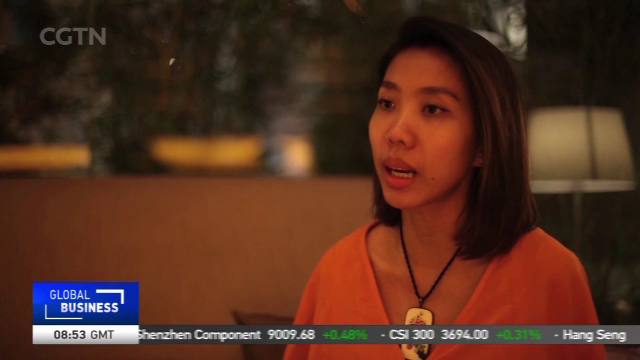
17:30, 15-Aug-2019
Indonesian Movies: Local films gaining global audiences
Updated
17:38, 15-Aug-2019

It's not just the major studios that are making movies these days. Indonesia is seeing its film sector surge as young producers are creating movies that are enjoying global audiences. CGTN's Silkina Ahluwalia has more from Jakarta.
Indonesia's film industry is going through a brand new revolution. Research shows cinemas across the country sold 35 million tickets in 2017 for Indonesian movies. In 2018, that number jumped up to 50 million tickets, showing a clear interest in local films. Falcon Pictures is tapping into that huge market this year with their new film, WARKOP Reborn.
FREDERICA INDONESIAN FILM PRODUCER "We believe that every movie should be promoted in the best way. We treat our films like a brand and our launching process is like introducing a product with strong marketing strategies and lots of off-air activities."
The Indonesian government has lifted the local film industry from its negative investment list. Now, more foreign investors are pouring their money into creative industries helping the local talents to reach international markets.
SILKINA AHLUWALIA JAKARTA, INDONESIA "Indonesia's film industry has increased dramatically. Decades ago, filmmakers would produce an average of 10 movies per year. Today, we are seeing around 150 titles annually. However, competition is fierce, usually only a small percentage of those movies succeed in the market."
Joko Anwar's movies fall under that percentage. The internationally-acclaimed filmmaker has created multiple films that have reached global audiences in Spain, Thailand, Mexico and many more.
JOKO ANWAR INDONESIAN FILMMAKER "After Jokowi become president, he made this council, the Indonesian Creative Industry Council that really takes care of the Indonesian film industry. At the moment now, they are funding good projects, they have filmmakers, workshops."
With more support from the government, the film industry can reach its full potential and tap into audiences worldwide. Silkina Ahluwalia, CGTN, Jakarta.
SITEMAP
Copyright © 2018 CGTN. Beijing ICP prepared NO.16065310-3
Copyright © 2018 CGTN. Beijing ICP prepared NO.16065310-3